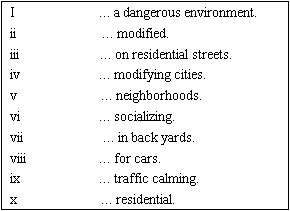He pointed at the new car and asked, "___ is it? Have you ever seen it before?"
 A. They enable employers to see who works hard, who gets along with everybody, who seems to fit into their culture.
A. They enable employers to see who works hard, who gets along with everybody, who seems to fit into their culture.

, he opened the car door and drove the car away.
He pointed at the new car and asked, "_____ is it? Have you ever seen it before?"
免费的网站请分享给朋友吧